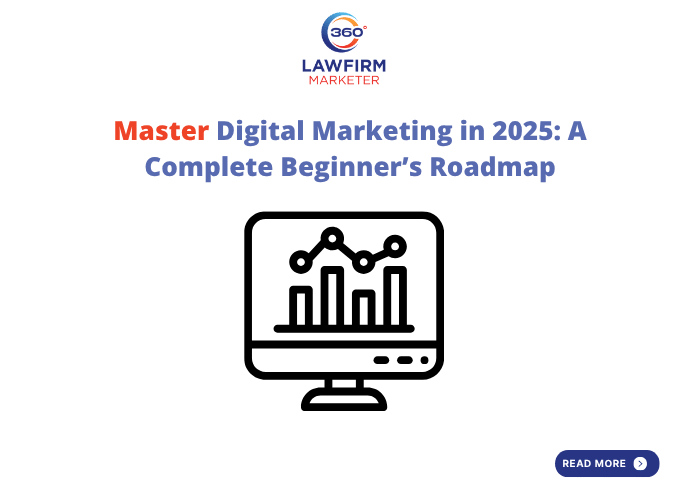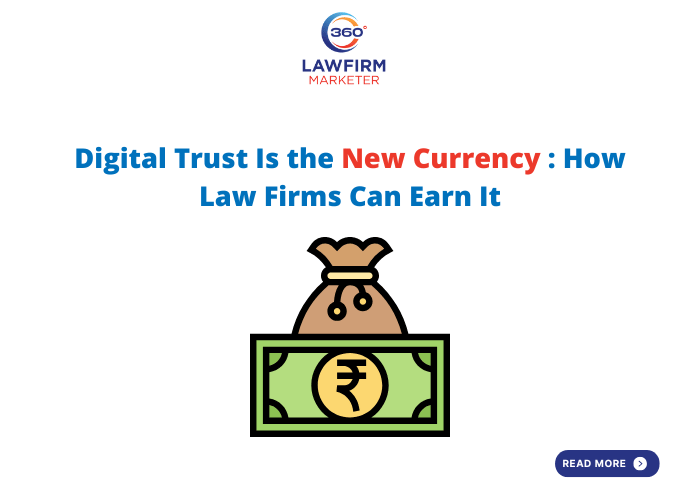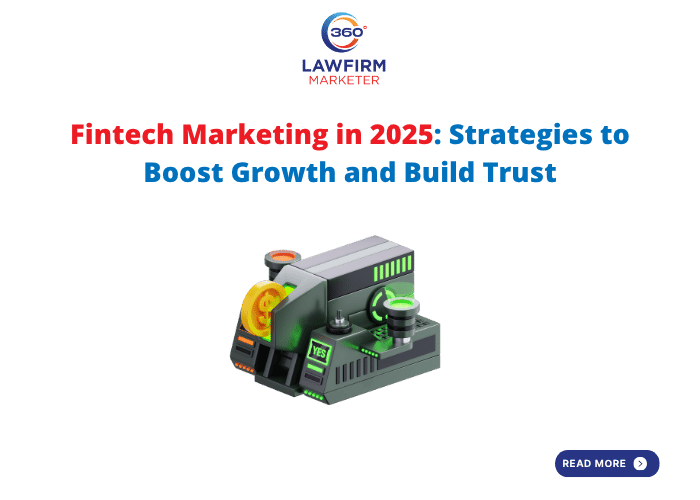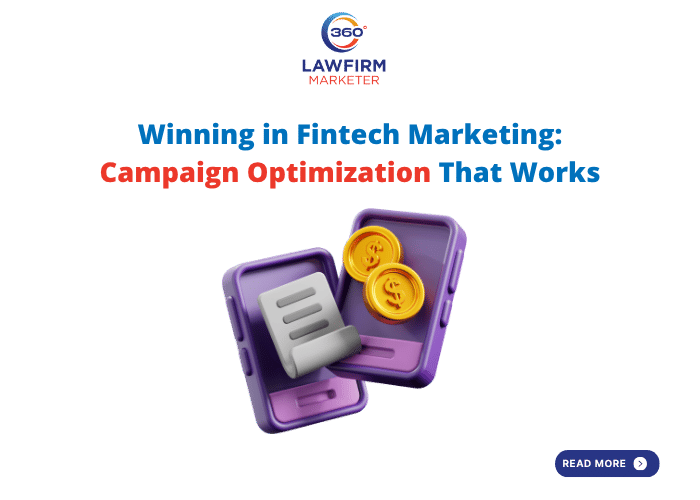
In today’s hyperconnected world, digital marketing is no longer optional, it’s essential. Whether you’re a student hunting for your first job, a professional wanting to level up, or an entrepreneur aiming to scale, mastering digital marketing can open doors across industries. Enrolling in a digital marketing institute in Ahmedabad is a great way to gain practical skills and stay ahead in this competitive field.
This guide offers a carefully structured roadmap covering the 10 core pillars of digital marketing and then shows you how to build your learning path wisely. By the end, you’ll know what skills to master and how to acquire them so you can accelerate your growth and stand out in a competitive market. To dive deeper into search engine strategies specifically, many learners choose to enroll in an SEO course in Ahmedabad for hands-on training and local industry insights.
The 10 Pillars You Must Master
Digital marketing isn’t a single skill it’s an ecosystem of interlinked channels and practices. Here are the ten foundational domains every digital marketer must understand deeply:
- Search Engine Optimization (SEO)
SEO is about optimizing your website and content to rank higher in organic (non-paid) search results. Getting this right means sustainable traffic, better brand credibility, and long-term ROI. To build or sharpen your skills, consider joining SEO classes in Ahmedabad that offer practical training and expert guidance.
- Search Engine Marketing (SEM) / Paid Advertising
SEM (e.g. Google Ads, Bing Ads) involves bidding to place your ads on search engines. It complements SEO, giving you faster traffic and precise targeting control. You’ll learn concepts like CPC, CTR, Quality Score, and campaign structuring.
- Social Media Marketing (SMM)
Social Media is where your audience spends time. From organic content to paid campaigns, this domain teaches you how to craft community, spark engagement, and convert social users into leads and buyers.
- Content Marketing
Content is still king. Blogging, eBooks, case studies, and infographics all drive value when they’re useful, relevant, and well-optimized. Content marketing builds authority, supports SEO, and nurtures audiences over time.
- Email Marketing
Despite new channels emerging, email remains one of the highest ROI tactics. Mastering email means segmentation, automation, copywriting, and campaign orchestration that nurtures customers.
- Video Marketing
Video content continues to dominate engagement. From explainer videos and case studies to live streams and shorts, you’ll learn video production, storytelling, and distribution strategies that resonate.
- Link Building
Earning backlinks from authoritative sites is a critical off-page SEO strategy. A strong link profile boosts your domain authority, referral traffic, and organic rankings.
- Analytics & Data
Knowing how to track, interpret, and act on data is non-negotiable. Tools like Google Analytics, Tag Manager, and dashboards allow you to measure campaign performance, optimize, and scale.
- Customer Relationship Management (CRM)
CRM systems help you nurture and manage leads, customers, and retention. Tools like HubSpot, Salesforce, or Zoho are used to personalize interactions, automate workflows, and improve customer experience.
- Data Mining & Predictive Analysis
Data mining involves extracting patterns from large datasets. In marketing, it helps you forecast trends, understand user behavior, and make data-backed decisions to shape strategy.
These ten fundamentals form the backbone of any robust digital marketing skillset. Once you’ve understood them, you can specialize further as per your interests and industry.
How to Learn Digital Marketing: Two Parallel Paths
Learning digital marketing is not a one-size-fits-all. You can either self-learn or learn under expert guidance or ideally combine both for maximum effectiveness.
Path 1: Self-Learning (On Your Own)
Pros:
- Flexible, low-cost, and self-paced
- You control which area to start and dive into
Approach:
- Follow trusted blogs & publications
Great blogs include Moz, Search Engine Journal, HubSpot Marketing Blog, Neil Patel, Kiss metrics, and Marketing Land. They keep you updated with new techniques and industry changes.
- Watch video tutorials & webinars
Platforms like YouTube, Udemy, Coursera or LinkedIn Learning host in-depth tutorials and real-world case studies.
- Listen to podcasts
Podcasts let you learn on the go while commuting, exercising, or taking breaks. Look for shows like “Growth Marketing Toolbox,” “Online Marketing Made Easy,” or “The Duct Tape Marketing Podcast.”
- Infographics, slide decks & visual aids
If you’re a visual learner, infographics and slides simplify complex ideas and make memorization easier.
- Read foundational books
Regularly refer to books like Digital Marketing: Strategy & Practice, Global Content Marketing, Everybody Writes, and The Art of Digital Marketing.
- Use free online courses & certifications
Many platforms offer free or freemium courses. Examples: Google Digital Garage, HubSpot Academy, Word Stream PPC University, Moz’s SEO training, and courses from Ahrefs.
Path 2: Learn with Experts (Structured / Mentored)
Pros:
- Structured curriculum & clear roadmap
- Hands-on assignments, mentorship, and guided feedback
- Networking with peers and professionals
Ideal for:
- Those aiming for a career in digital marketing
- Professionals wanting to transform or scale a business
If you choose this path, pick a reputed institute or program that offers live projects, constant evaluation, and certification.
Building Your Learning Plan: Step by Step
Use this structured approach to get from “zero” to confident digital marketer:
- Choose your first domain
Start with SEO or content marketing these domains offer foundational skills that support others. - Set weekly learning goals
For example, “Understand on-page SEO + optimize one page” or “Write two blog posts + promote them.” - Apply while learning
Use a personal blog, small side projects, or volunteer work to try out what you’re learning. Theory becomes powerful when applied. - Use real tools early
Instead of only learning theory, get hands-on with tools like Google Analytics, Keyword Planner, Ahrefs free trial, Mailchimp, or WordPress. - Document & reflect
Maintain a journal or case log: what you tried, results, lessons learned. Over time, this becomes your portfolio. - Connect & get feedback
Join digital marketing groups, attend meetups or webinars. Peer reviews, mentor feedback, and community advice accelerate your growth. - Iterate & specialize
After exploring multiple domains, pick one or two for specialization (e.g. SEO + content, or SEM + analytics) and go deep.
Traits & Skills You Need to Cultivate
Becoming a successful digital marketer isn’t just about technical knowledge, you also need the right mindset and habits:
- Lifelong learner
Marketing evolves rapidly. Commit to constant learning; follow industry updates and adapt quickly. - Personal branding
Practice what you preach. Build your own social profiles, website, or blog to showcase your knowledge and voice. - Tech comfort zone
Gain basic familiarity with HTML, CSS, CMS systems, UX/UI principles, and analytics tools. No need to become a developer just enough to use digital marketing tools effectively. - Strong writing & communication
Whether emails, blog posts, social content, or ad copy your ability to express clearly and persuasively is crucial. - CRM & relationship skills
Retention and repeat business matters. Understanding how to manage leads, segmentation, and customer journeys is as important as acquiring new users. - Certification & credibility
Earn certificates from trusted institutions they validate your skills and help you stand out to employers or clients. - Networking & curiosity
Engage with others in the field. Ask questions, exchange ideas, and learn from failures and successes of peers.
Final Thoughts & Next Moves
Digital marketing isn’t magic, it’s a discipline built on structured learning, daily practice, and constant adaptation. Use this guide as your compass, not your endpoint. For those looking to expand their strategic skill set, earning a certificate in business development can complement your digital marketing knowledge and open new growth opportunities.
- Start small, focus deeply, and build real-world experience
- Blend both self-study and expert-led learning for balance
- Keep a curious mindset, and never stop iterating on your skills
If you’d like me to turn this into a more SEO-friendly blog (with keywords, meta tags, images) or produce a version specifically for beginners in India, I’d be happy to help.




